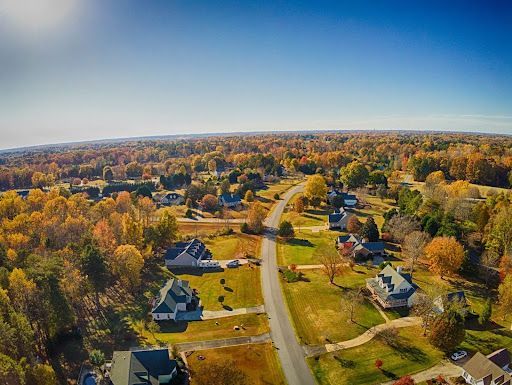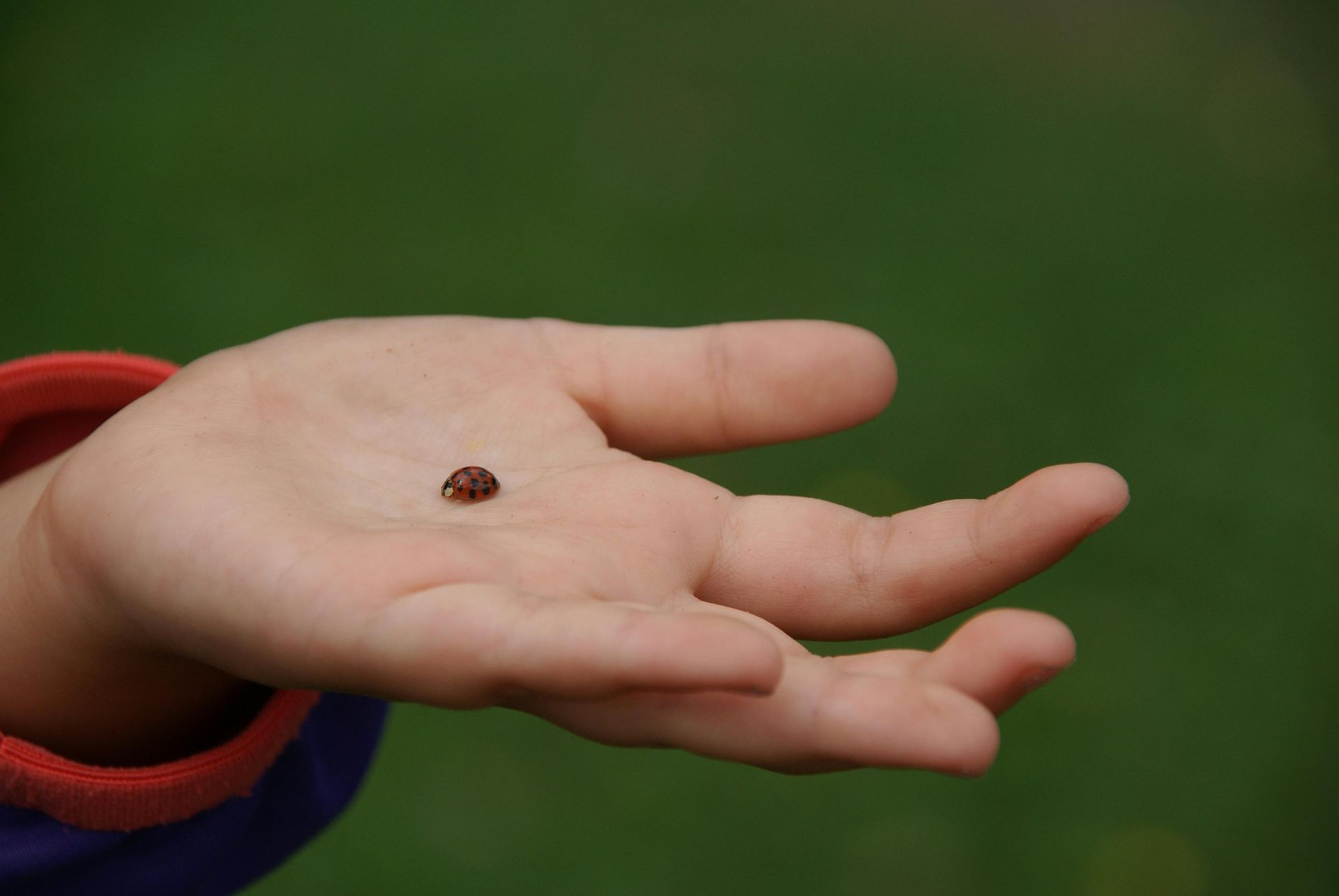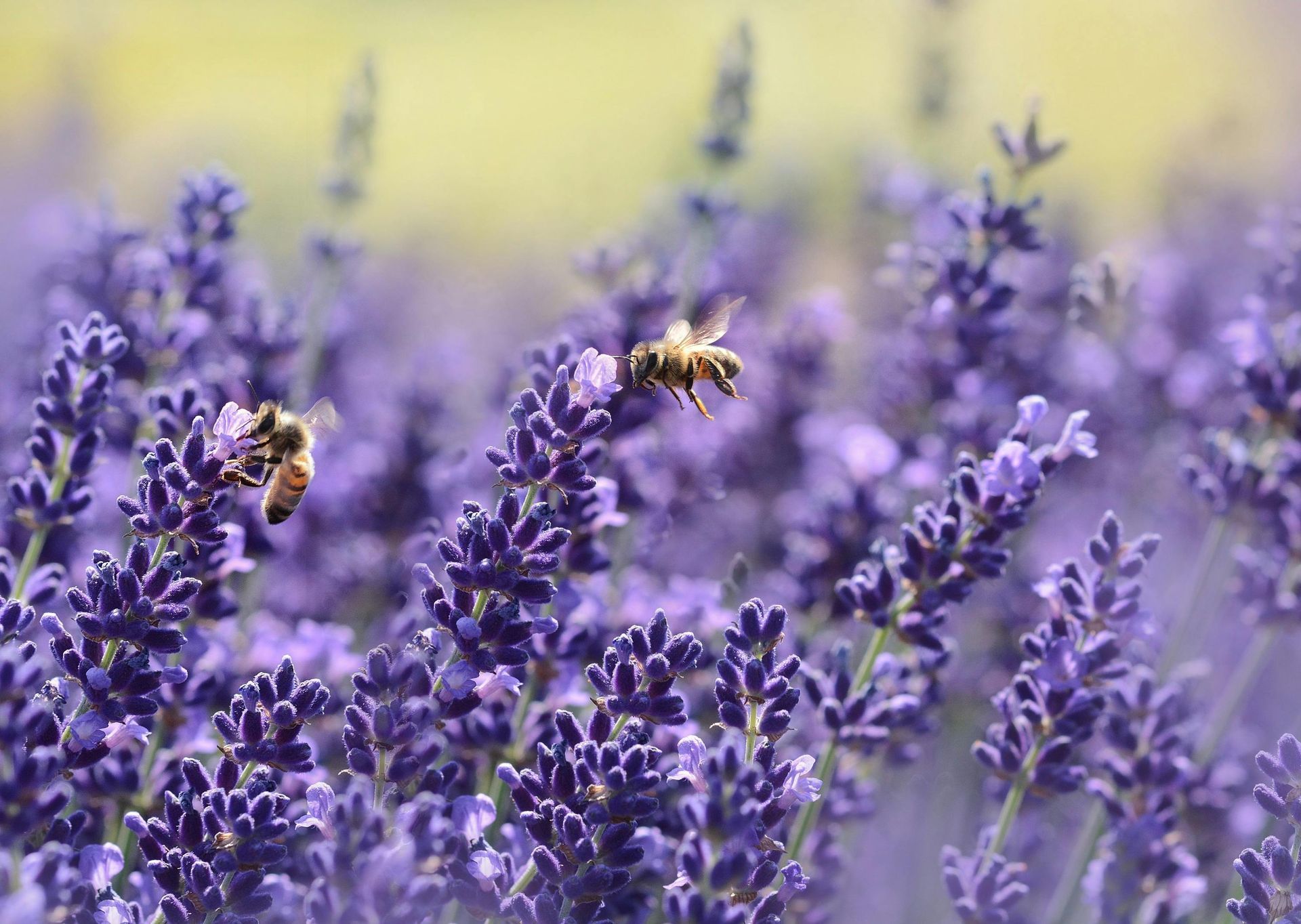Effective Spider Management for Reno-Carson City Homes
Homeowners in Reno and Carson City often look for ways to keep spiders out of their homes. Managing spiders effectively involves several easy steps. By keeping homes clean and removing clutter, residents can make their spaces less attractive to spiders. Sealing cracks and gaps in windows, doors, and walls help prevent spiders from entering. Using natural repellents and occasionally consulting pest control professionals can also make a big difference. These methods help create a more comfortable and spider-free home environment.
Overview of Common Spiders in the Reno-Carson City Area
In the diverse ecosystem of the Reno-Carson City area, spiders are among the most common critters you'll encounter. While the majority of these eight-legged visitors are harmless, a basic understanding of the local spider species can be invaluable for homeowners. This knowledge aids not only in maintaining a sense of calm when spotting a spider but also in determining the appropriate response should a potentially harmful spider make an appearance.
Most spiders that inhabit our homes and gardens play a crucial role in
controlling insect populations, thus contributing to the ecological balance. The presence of certain species, notably the Black Widow and Wolf Spider, requires a more attentive approach due to their potential health risks to humans and pets.
Identifying Local Spider Species: Harmless vs. Potentially Harmful
The variety of spiders in the Reno-Carson City area spans from the innocuous house spider, which typically avoids human interaction, to more intimidating species. Among them, the Black Widow is easily recognized by its glossy black body and the distinctive red hourglass shape on its underside. This spider prefers dark, undisturbed spaces such as garages, basements, and woodpiles. While Black Widow bites are rare, they can cause significant discomfort and medical issues, making identification and caution important.
Wolf Spiders, conversely, are ground-dwelling hunters who do not weave webs to catch their prey. They are often mistaken for more dangerous species due to their large size and fast movements. Despite their fierce appearance, Wolf Spiders are primarily a nuisance and pose less of a health risk compared to Black Widows. Their presence indoors often indicates an underlying pest issue, as they follow their food sources into homes.
Significance of Recognizing Spider Types for Homeowners
Understanding the types of spiders that may inhabit your living space is essential for several reasons. Firstly, it can alleviate unnecessary panic; knowing that most spiders are harmless can help maintain a peaceful coexistence. Secondly, it enables homeowners to take appropriate and safe actions when encountering potentially dangerous spiders. Lastly, recognizing signs of harmful spider infestations can prompt timely professional intervention, ensuring the safety and well-being of all household members.
For residents of the Reno-Carson City area, becoming familiar with these common local spiders is a step toward making informed decisions about how to deal with their presence. Whether it's practicing preventative measures or seeking professional help from companies like Natura Pest Control, knowledge is the first line of defense against unwanted arachnid encounters.
Natural and Home-based Spider Deterrence Methods
While knowing about the spiders in the Reno-Carson City area is essential, equally important is understanding how to deter them from calling your home, theirs. Fortunately, there are several natural and home-based strategies that can help keep these eight-legged guests at bay.
Keeping Your Home Clean and Clutter-Free
The cornerstone of spider deterrence is maintaining a clean and clutter-free environment. Spiders are attracted to spaces where they can hide undisturbed, hunt easily, and lay their eggs. Regular cleaning eliminates these inviting conditions by disrupting potential habitats. Vigilance in vacuuming corners, under furniture, and around window sills can not only remove webs and egg sacs but also reduce the insect populations that serve as food for spiders. Removing clutter, such as stacks of newspapers, boxes, and general debris, limits the spaces for spiders to settle.
Essential Oils and Natural Repellents
Another effective method for keeping spiders away involves leveraging their aversion to certain scents. Essential oils like peppermint, tea tree, lavender, and eucalyptus are known for their spider-repellent properties. A simple homemade spray can be created by mixing water with a few drops of one or more of these oils and applying it around doorways, windowsills, and other entry points. Not only does this method reduce the likelihood of spiders entering your home, but it also leaves a fresh, pleasant aroma.
Sealing Entry Points: A Step-by-Step Guide
Diligent maintenance of your home’s exterior is vital in preventing spiders from coming inside. Begin by inspecting the outside of your property for any cracks or gaps in the walls, especially where utility lines enter. These can be sealed with caulk or expanding foam for larger spaces. Screens on windows and doors should be checked for tears, and any damaged screens should be repaired or replaced. Weather stripping around doors and window frames can deteriorate over time; ensuring these are intact will not only keep spiders out but can also improve energy efficiency.
Employing these simple, natural strategies can significantly decrease the likelihood of spiders establishing themselves in your Reno-Carson City area home. By maintaining a clean, clutter-free environment, utilizing natural repellents, and diligently sealing potential entry points, the battle against unwelcome arachnids can be won with little need for harsh chemicals or expensive treatments. Incorporating these practices into your regular home maintenance routine creates a less inviting environment for spiders, contributing to a more comfortable and pest-free home.
Professional Spider Management and When to Seek Help
While employing natural and home-based strategies for spider deterrence can be highly effective, there are instances where the situation may warrant professional intervention. Recognizing when to seek help from pest control experts is crucial in ensuring the safety and well-being of your household.
Situations Requiring Professional Intervention
The first sign that professional help may be needed is the frequent sighting of spiders, especially species known to be venomous, such as the Black Widow. An increase in visible webs and egg sacs around your home is another indicator of a potential infestation. If natural deterrents and home maintenance efforts have failed to reduce the spider population, it's time to consult with experts.
The Benefits of Eco-friendly Pest Control
Selecting the right pest control service is pivotal. Modern pest control practices have evolved, with many companies now offering eco-friendly options that minimize harm to both the environment and non-target species. These methods include the use of natural pesticides, mechanical traps, and biological controls rather than relying solely on chemical treatments. For instance, companies like Natura Pest Control focus on identifying and eliminating the conditions that attract spiders, using sustainable solutions that are safe for pets and children. This approach not only addresses the immediate problem but also contributes to the long-term prevention of reinfestations.
How Professional Services Can Ensure Long-term Spider Management
Professional pest control services offer comprehensive inspections to identify the root cause of spider infestations. By sealing potential entry points, removing attractants, and using targeted treatments, experts can significantly reduce the likelihood of spiders returning. Pest control professionals can provide customized advice for your particular situation, ensuring that measures taken are both effective and sustainable. This peace of mind is invaluable, as it means knowing your home is protected against the dangers and nuisances posed by spiders.
Engaging with professionals can also enlighten homeowners on additional preventative measures, further empowering them to maintain a spider-free environment. These services offer follow-up treatments and inspections as well, ensuring that any effort made has lasting effects. While many effective DIY strategies can keep spiders at bay, certain situations may necessitate professional intervention. Opting for eco-friendly pest control ensures that the issue is addressed with minimal environmental impact. By partnering with experts, homeowners in the Reno-Carson City area can enjoy a safer, more comfortable living space, secure in the knowledge that their spider concerns are being managed responsibly and effectively.
By adopting a comprehensive approach to spider management that includes prevention, natural deterrents, and professional help when needed, residents can maintain a safer and more harmonious home environment, reducing encounters with these often misunderstood arachnids.
Ready to ensure your home is spider-free? Contact Natura Pest Control today, they are your trusted partner in the Reno-Carson City area, offering eco-friendly solutions tailored to your needs.




